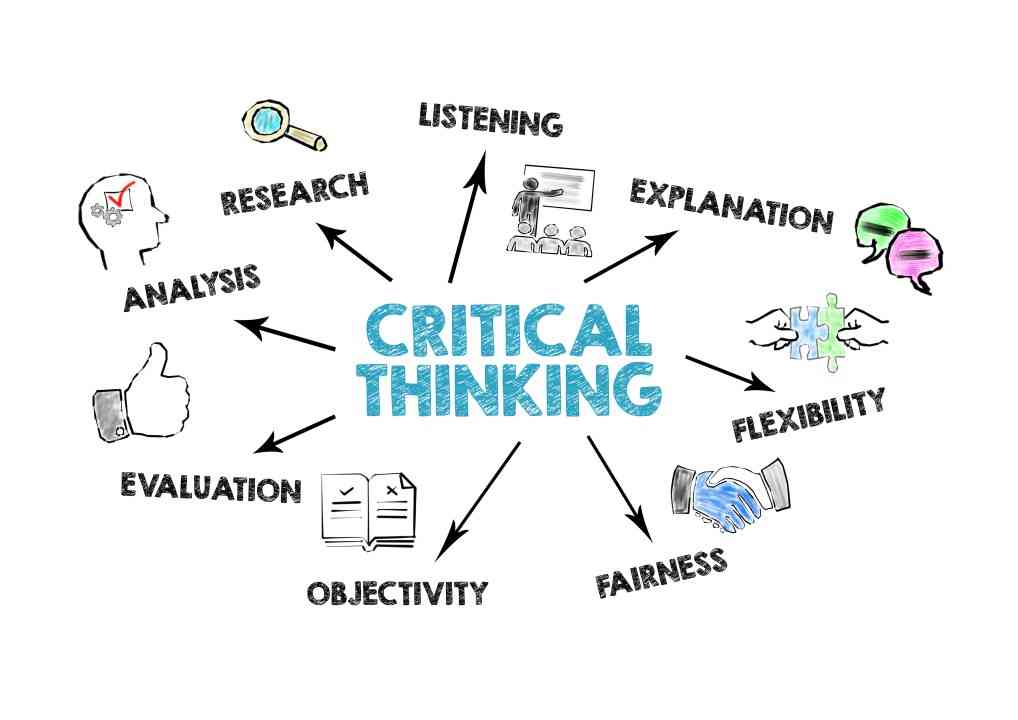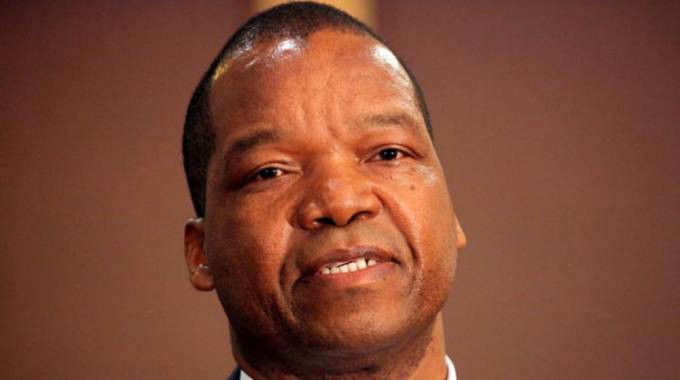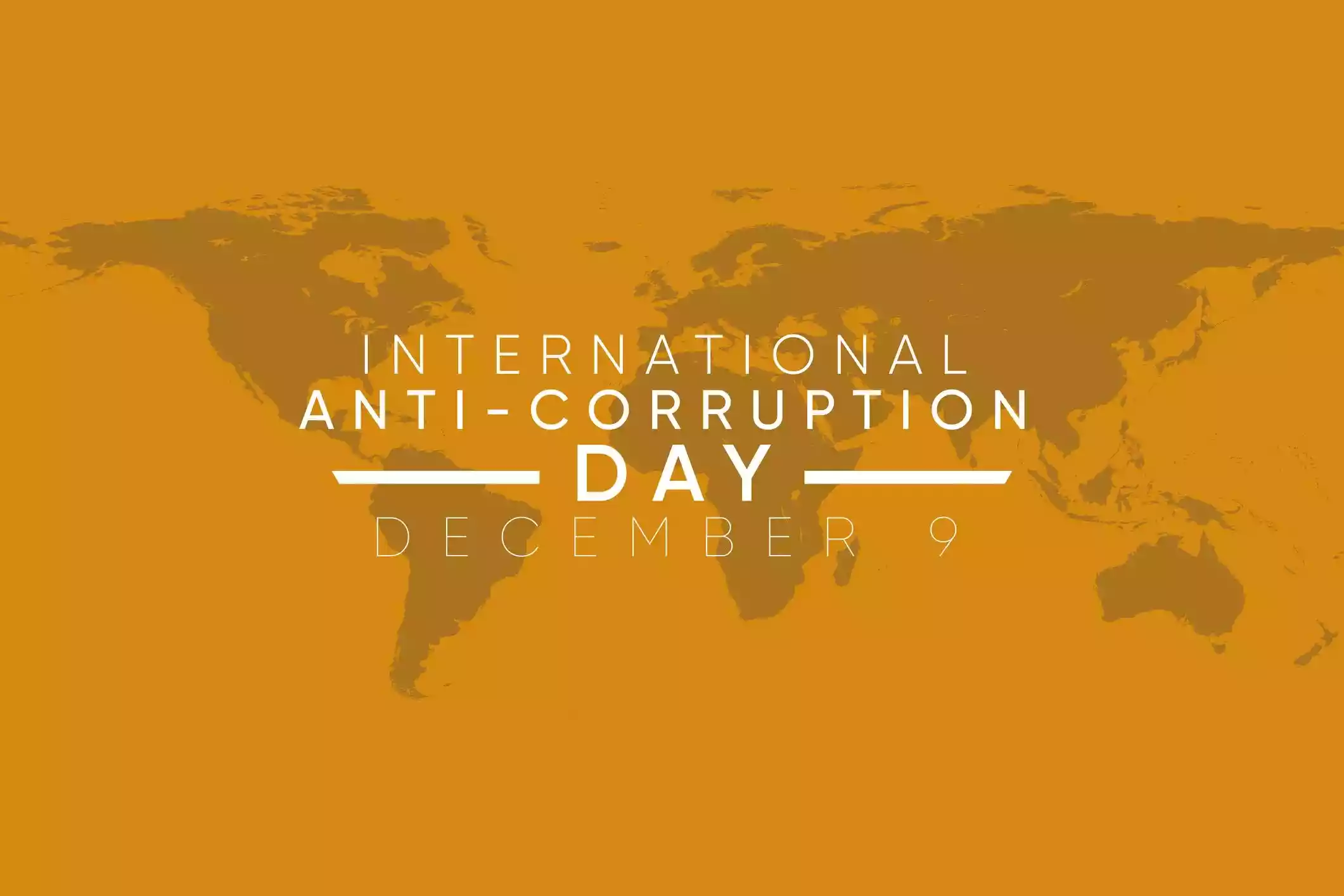
THE Zimbabwe government is innovating around the familiar to deceive the population into believing that revenue is being generated in factories and offices. It is foolish to believe we have employees and businesses that comply enough to take care of our huge appetite for social interventions like health care, education, social services, the vulnerable and infrastructure.
That is a first-world mindset and can only be found in a Rhodesian rule book. Businesses are not registered. They are informal and are at the household level. Those in offices and factories are creative enough to avoid and evade contributing to the fiscus. The few compliant entities bear the burden of financing a population demanding the best out of nothing, they pay for their demands.
Copy-and-paste revenue models and systems are failing and will continue to fail because we are such a unique economy that has defied world economics rule books. We have very few challenges with costs. The country’s disruptive and radical innovation should evolve around growing revenue rather than focusing on priorities and cost containment. Due to our cost focus, we are doing incremental budgets to tax companies and individuals until their last cent each year. It is not a sustainable model to budget poverty.
Tax is a relatively new concept to us Africans and we loathe it. The revenue authority cannot collect much and is punitive to the few who decide to be registered taxpayers. Zimbabwe is a country of the unemployed, the informal and household-based businesses. The real innovation is to realise that each household is a business and that informal businesses can be formalised. It is a great idea to abandon the current tax administration model that bank on compliance when we all know due to the abhorrence to tax compliance it is all creative accounting.
Friedrich Hagel, a philosopher, opined that at times force and violence has to be used to make people law abiding until they are advanced enough to accept rationality of a life with order. With our level of compliance this remains true centuries later. We do not love to pay for our health, refuse collection, water and just about anything. Our anger is that the government must create resources.
The proposed National Health Insurance is a great idea to enable access to health for all. It is innovating around the familiar that it be funded from employee tax. People are not working and it is doubtful the 15% employed can carry 15 million citizens’ health needs.
This is the sort of fund that must be collected using an inclusive tax regiment like an Intermediate Money Transfer Tax, sugar tax, health levy on calls or if need be an additional consumptive tax that puts everyone in the net. To fund national health using deductions from just the paltry employees we have is being unfair to them and giving them an inequitable burden as if it is some sort of punishment.
At least the Finance ministry must establish a causal link of hospitalisation and habits to target foodstuffs, lifestyle and other things. It is not just sugar! The Zimbabwe Tourism model of collecting tourism levy from all food consumption, accommodation and leisure even from the majority who have never travelled beyond their provinces is a model to copy. Include everyone in the net.
- Mavhunga puts DeMbare into Chibuku quarterfinals
- Bulls to charge into Zimbabwe gold stocks
- Ndiraya concerned as goals dry up
- Letters: How solar power is transforming African farms
Keep Reading
The National Social Security Authority (NSSA) is planning to socially secure a population for a third-world informal economy using a first-world or a 1979 Rhodesian template. NSSA is completely useless to achieve national strategic outcomes of socially secure old people. At present, we are on our parents' pension schemes but in the not-distant future using the current economic trajectory it clear to predict that both the old and the young of the next 20 years will not have worked anywhere their entire lives meaning they will not have any social security.
We are breeding a vulnerable society in the long run by having a policy that intends to protect and provide pensions to just 15% of those working. That cannot be a national policy. We should not avoid a conversation that we are a country of the unemployed. To include everyone the innovation must be to work around household-based contribution not employee based one.
The biggest movers of the national gross domestic product are mining and agriculture, yet in our planning they are not part of the extortionist presumptive tax. They are ill-defined as not being business and not being employed. The whole supply chain in these two major sectors are not part of the tax net, yet the government uses presumptive tax on legal practices that can easily be formalised from Law Society of Zimbabwe database, architectures that can have their regulatory bodies as tax agents, salons whose tax can be collected at the same time with local council licenses and be formalised, transporters who can be formalised when they apply for operating permits and restaurants that require a health certificate which can be used as an entry point to put them in the tax net.
The government knows how it can collect tax from miners because they require permits. Agriculture can be in the net as the produce has to be in the market. In the opposite, the government funds these sectors with reckless abandon and collects nearly nothing from them.
The largest industries often contribute less than 4% of government revenue. The unique mining model in the Middle East and of late Botswana, of revenue share has made them success stories. We protect our miners, yet according to Henrietta Rushwaya of Zimbabwe Miners Federation artisanal mines employ over a million people. These million-plus people demand hospitals, education and infrastructure after zero contribution to the national fiscus.
The country adopted a source-based tax collection system which only collects revenue made in Zimbabwe or deemed to be from Zimbabwe. The adoption of a system without modification results in our millionaires and billionaires escaping the net to fund our country’s revenue requirements. I don’t know any Zimbabwean millionaire without a home and business outside Zimbabwe.
In addition, probably the 20% control 80% of the economy, yet they contribute less than 10% of tax revenue. It's innovating around the familiar to continue with an openly faulty tax system. As Zimbabweans, we should try not to be intellectually lazy, but devise our systems of solving our unique challenges. Every model is borrowed from the first-world rule book and some from Rhodesia. It is out of sync with our peculiarities as an emerging economy. Our current ways are not winning on fairness and equity.
- Brian Sedze is a strategy consultant and president of Free Enterprise Initiative. He can be contacted on [email protected]











